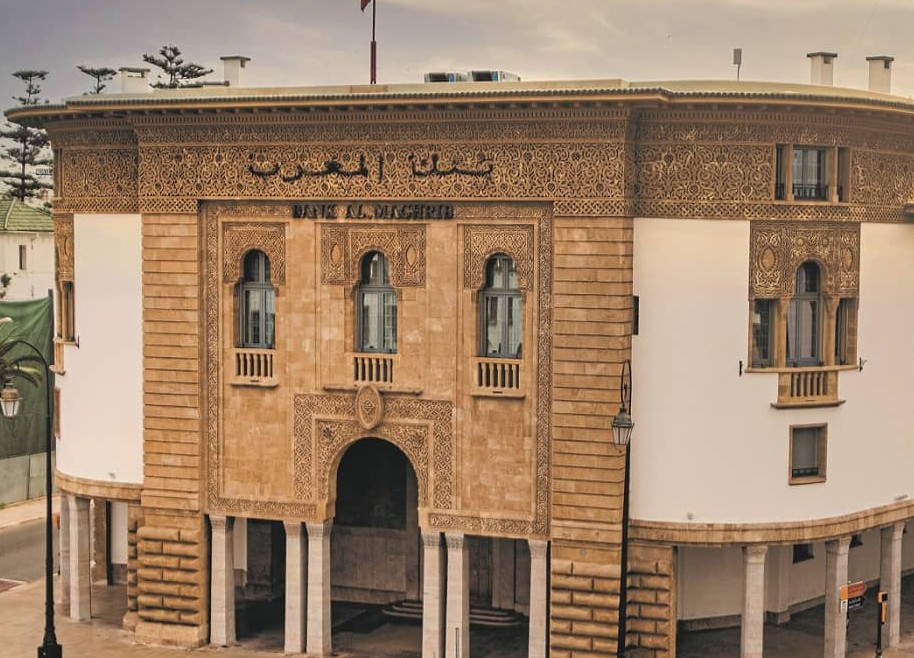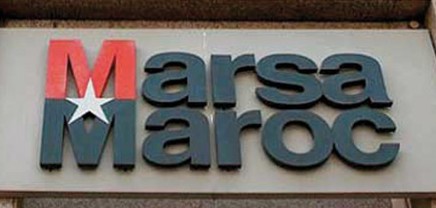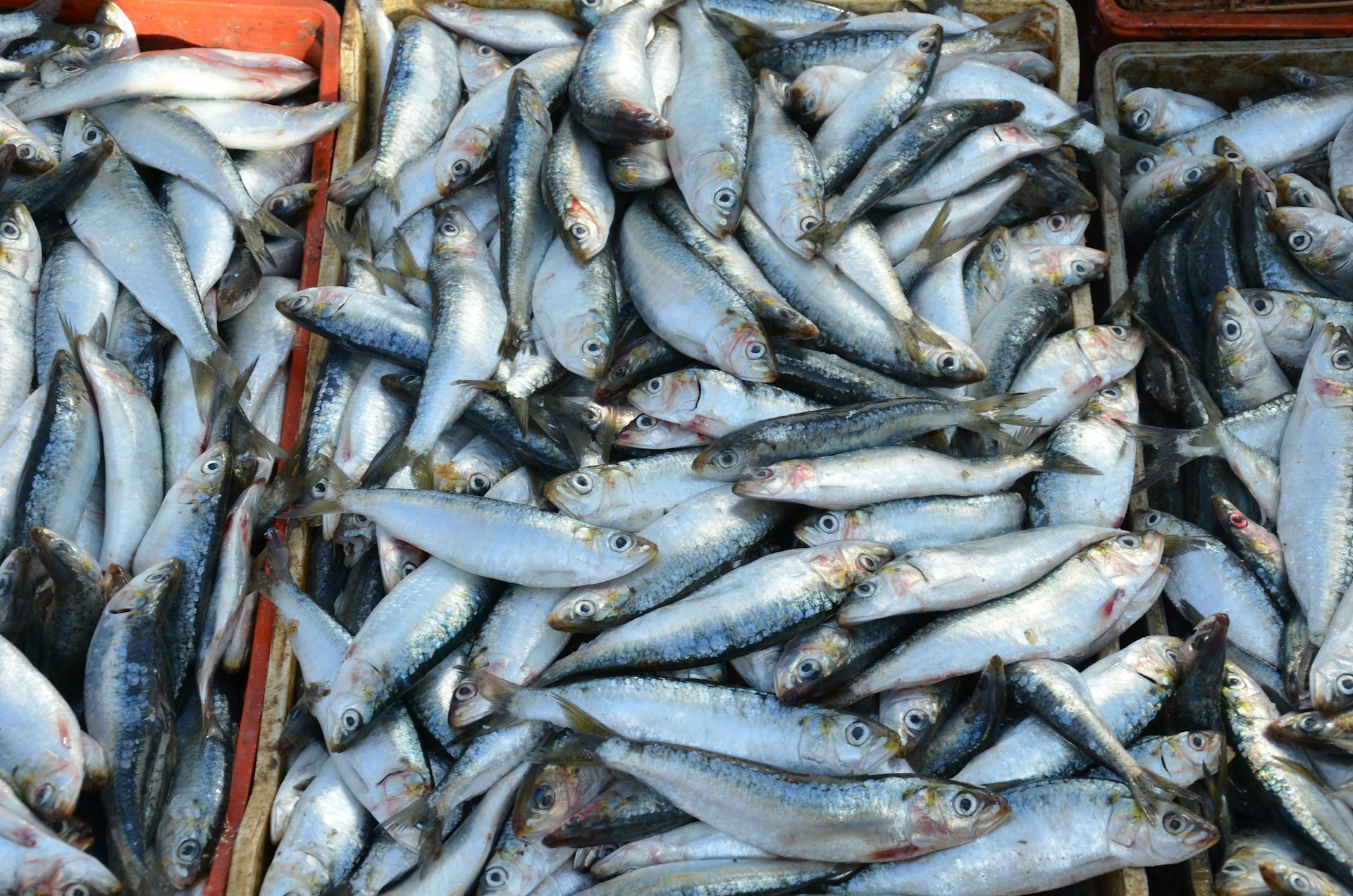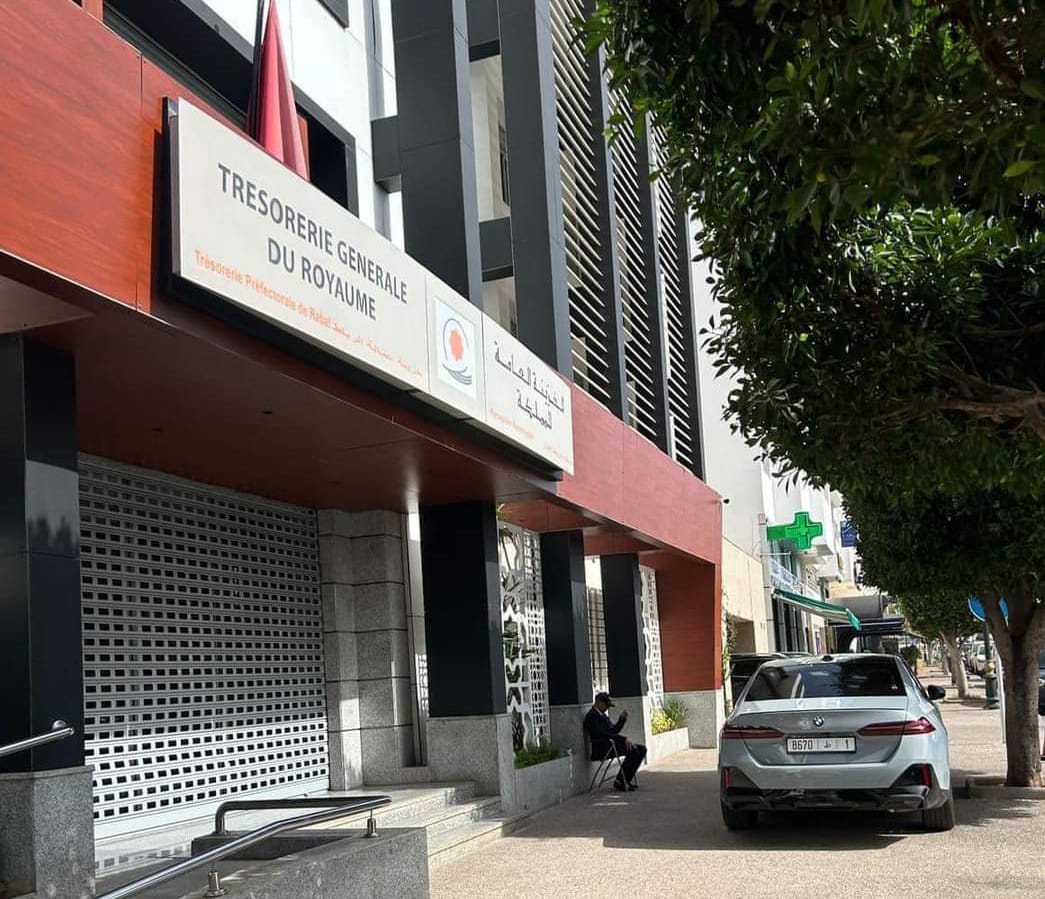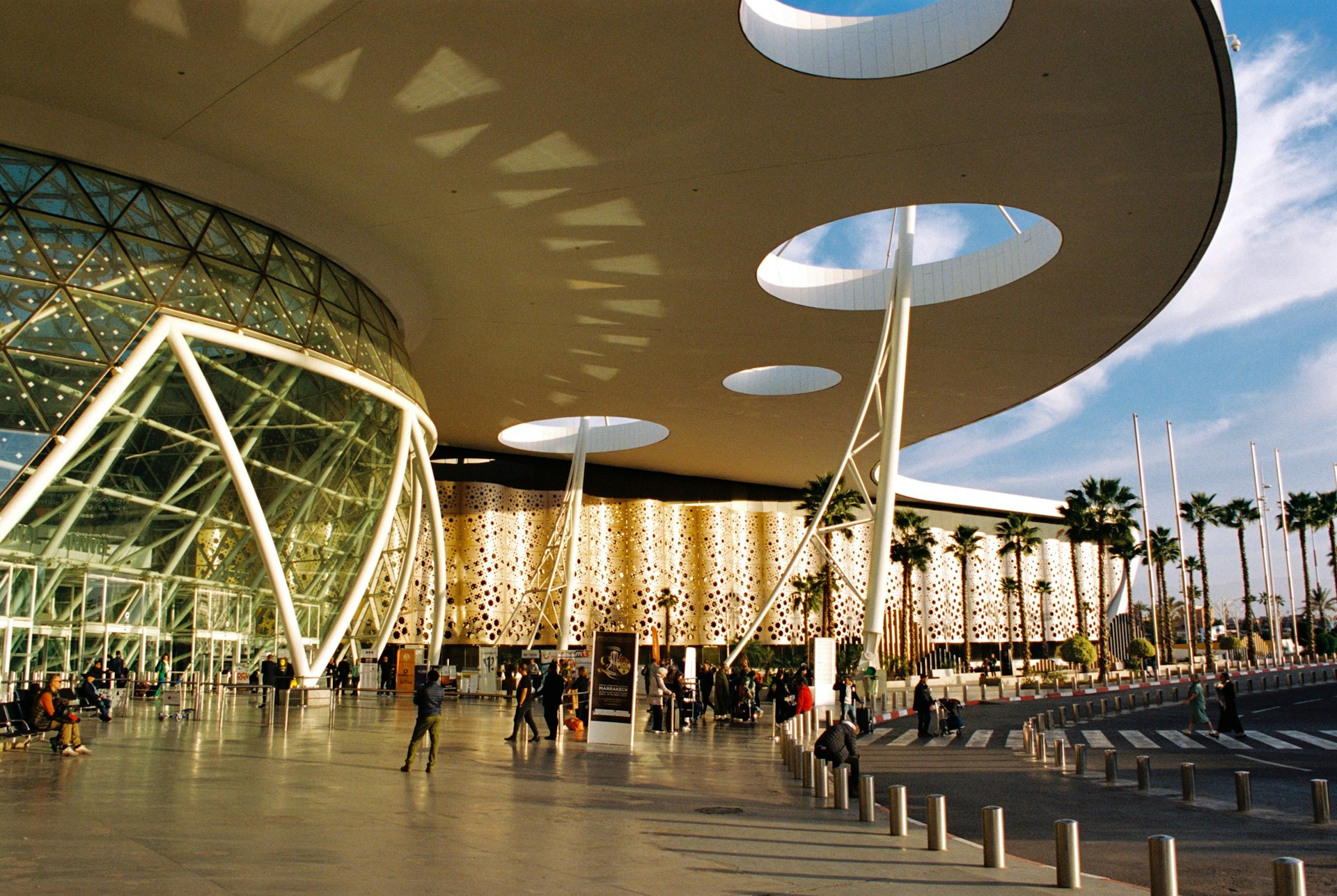Casablanca – Morocco has solidified its position as one of Spain’s most important trade partners in the agricultural and fishery sectors, ranking third among Spain’s top foreign suppliers in 2024. According to recent data published by Spain’s Ministry of Agriculture, Fisheries and Food, imports of Moroccan agri-food and marine products into Spain exceeded $2.15 billion, underscoring the depth and resilience of economic ties between the two Mediterranean neighbors.
The findings, part of Spain’s 2024 Foreign Trade Report, also revealed that Morocco ranked fifth among the main export destinations for Spanish agricultural and fishery products, receiving over $1.26 billion in goods. This represented about 4.8% of Spain’s total exports in the sector and marked a nearly 6% increase from the previous year.
A diverse and high-quality export basket
Spain’s imports from Morocco showcased a wide array of produce and marine goods, led by mollusks, red fruits such as strawberries and raspberries, pulses, and a variety of fresh vegetables. The diversity and consistent quality of Morocco’s agricultural supply were highlighted in the report as key factors contributing to its growing importance in the Spanish market.
In contrast, Spain’s exports to Morocco included soybean oil and live animals, particularly sheep, goats, and cattle. The trade flow between the two countries has become increasingly reciprocal and balanced, with each country serving as a strategic supplier and buyer for the other’s agri-food needs.
A key contributor to Spain’s trade surplus
The agricultural and fishery sector remains a cornerstone of Spain’s trade economy. In 2024, total exports from the sector reached over $80 billion, accounting for approximately 19% of Spain’s overall exports. The sector also contributed to a robust trade surplus of $20.04 billion—an impressive 21.2% increase over the previous year—while imports amounted to around $57.6 billion, up 1.4%.
Fruits remained the dominant export category for Spain, generating over $11.2 billion in revenue, followed by meat at $10.6 billion and dairy products at $9.5 billion. Exports of oils and fats posted the strongest growth, surging by more than 26% to reach $9 billion, while cereals generated about $510 million in export value, growing 12% year-over-year.
These figures confirm the sector’s position as one of the most competitive and resilient components of the Spanish economy, particularly at a time when global markets have been rocked by geopolitical instability, including the ongoing war in Ukraine and conflicts in the Middle East.
Morocco’s growing influence in European markets
Morocco’s steady climb as a top agricultural supplier to Spain reflects broader trends in North African-European trade dynamics. With its favorable climate, year-round growing seasons, and increased investment in modern farming and irrigation technologies, Morocco has positioned itself as a reliable source of fresh produce and seafood for European consumers.
The country’s agricultural exports to the European Union have also benefited from trade facilitation agreements and improved logistical infrastructure, including expanded port facilities and cold chain networks. Spain, due to its proximity and long-standing economic ties with Morocco, has been one of the primary beneficiaries of this development.
Strategic cooperation and future outlook
The 2024 trade figures come at a time of deepening cooperation between Rabat and Madrid in both economic and policy domains. Bilateral agreements in areas such as phytosanitary controls, logistics, and sustainable fishing practices have helped strengthen trust between exporters and regulators, reducing delays and improving product quality and safety.
With rising demand for healthy and traceable food products in Europe, Morocco’s agri-food sector is likely to continue its upward trajectory. Analysts note that further growth will depend on maintaining high standards, addressing water scarcity, and ensuring continued compliance with EU regulations.
For Spain, maintaining open trade channels with Morocco offers a strategic advantage, particularly as climate change and shifting global supply chains put pressure on European producers. Moroccan imports offer not only price competitiveness but also a seasonal counterbalance to local production cycles—helping stabilize Spanish markets and protect consumer access to essential food products.
The deepening agricultural and fishery trade between Spain and Morocco highlights more than just a commercial relationship—it is a strategic partnership that supports food security, economic development, and regional stability. With over $3.4 billion in two-way agri-food trade recorded in 2024, Morocco’s role as a major supplier to Spain is no longer emerging—it is firmly established.

